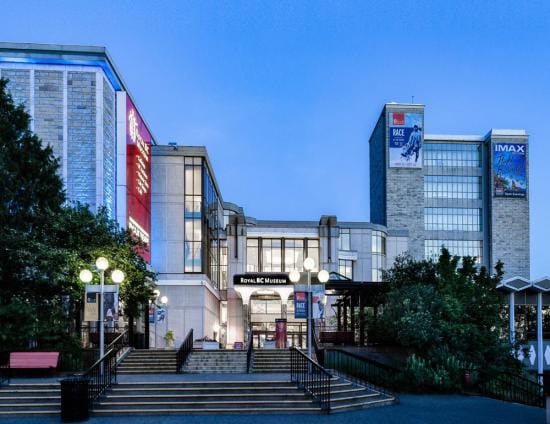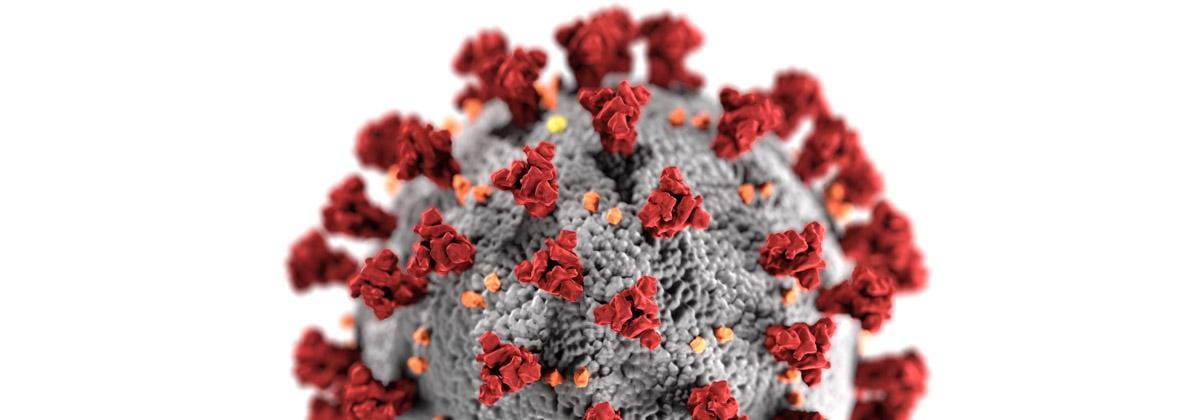Tell Us Your COVID-19 Story
Glossary
Royal BC Museum Vision and Mission Statements
Mission
We are a museum that is accessible to every British Columbian regardless of age, ethnicity or geography.
Vision
We envision a province in which all people respect each other and the environment in which they live.
COVID-19 Collecting For Our Time project is a rapid response collecting initiative to collect materials relating to the 2020 COVID-19 pandemic for the Royal BC Museum.
Copyright is “the exclusive legal right to produce, reproduce, publish or perform an original literary, artistic, dramatic or musical work. The creator is usually the copyright owner."¹ For more information on Canadian Copyright regulations, please visit ic.gc.ca/eic/site/cipointernet-internetopic.nsf/eng/h_wr02281.html .
Material culture is “the aspect of social reality grounded in the objects and architecture that surround people. It includes the usage, consumption, creation, and trade of objects as well as the behaviors, norms, and rituals that the objects create or take part in.”²
Rapid response collecting (RRC) is a museum collecting practice that is growing in popularity as museums seek to document the present dimension of heritage. RRC “emphasizes collecting items of cultural significance in the moment that they become significant, in other words, collecting items of the now in the now.”³ At the Royal British Columbia Museum, we will use the term COVID-19 Collecting For Our Time Project (not RRC) when referencing this particular initiative.
Repository has a few meanings, but in this case, a repository is a place where things are stored for safekeeping, where there is an ample supply of something, or where there is a lot of information about something.⁴
Traumatic experiences “often involve a threat to life or safety, but any situation that leaves you feeling overwhelmed and isolated can result in trauma, even if it doesn’t involve physical harm. It’s not the objective circumstances that determine whether an event is traumatic, but your subjective emotional experience of the event.”⁵ Please see the FAQ section on this website for links to helpful resources.
The ethics of rapid response collecting at the Royal BC Museum are guided by specific ethical codes of practice in Canada. For more information, please visit the Canadian Museums Association website at museums.ca/uploaded/web/docs/ethicsguidelines.pdf. In the era of rapid response collecting, a new layer of ethical practice is developing. The Museums Association in the United Kingdom has done some early work in this area. For more information on their work, please visit museumsassociation.org/ethics/code-of-ethics.
The Royal British Columbia Museum COVID-19 Initiative guides how the Royal BC Museum will engage with citizens during this unprecedented chapter in BC’s history. Strategic COVID-19 collecting of relevant digital content and material culture is foundational for establishing a repository of material for a variety of future uses.
¹Canadian Intellectual Property Office, “What Is Copyright?,” https://www.ic.gc.ca/eic/site/cipointernet-internetopic.nsf/eng/wr03719.html.
²Wikipedia, s.v. “Material culture,” https://en.wikipedia.org/wiki/Material_culture.
³Amy Intrator, “Rapid Response Collecting: Adapting Museum Practice in Moments of Crisis,” posted November 1, 2017, http://musingsmmst.blogspot.com/2017/11/rapid-response-collecting-adapting.html.
⁴YourDictionary, s.v. “repository,” https://www.yourdictionary.com/repository.
⁵HelpGuide, “Emotional and Psychological Trauma,” https://www.helpguide.org/articles/ptsd-trauma/coping-with-emotional-and-psychological-trauma.htm.

